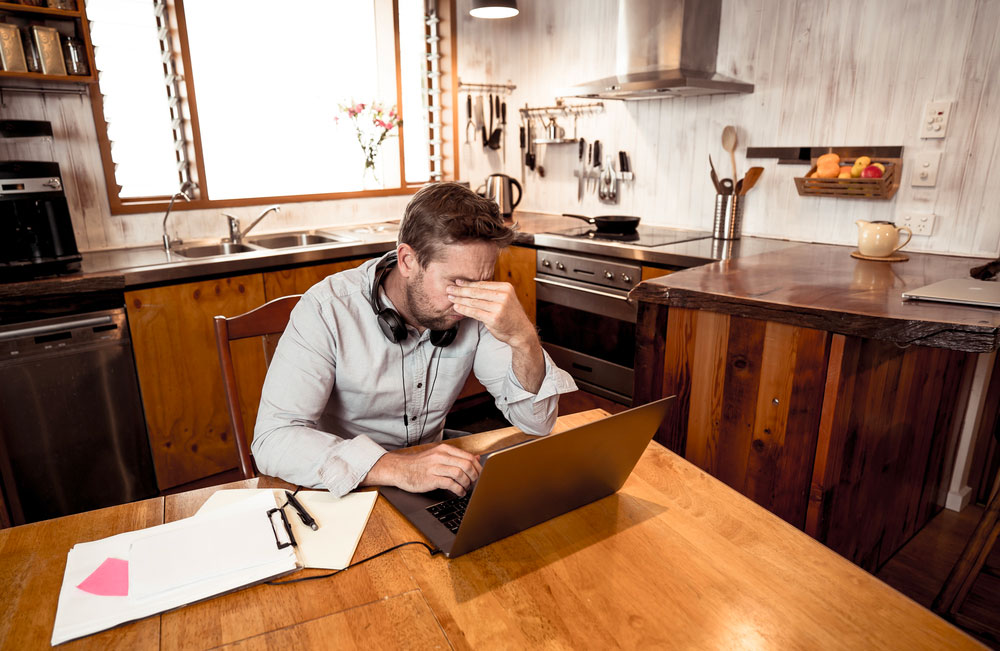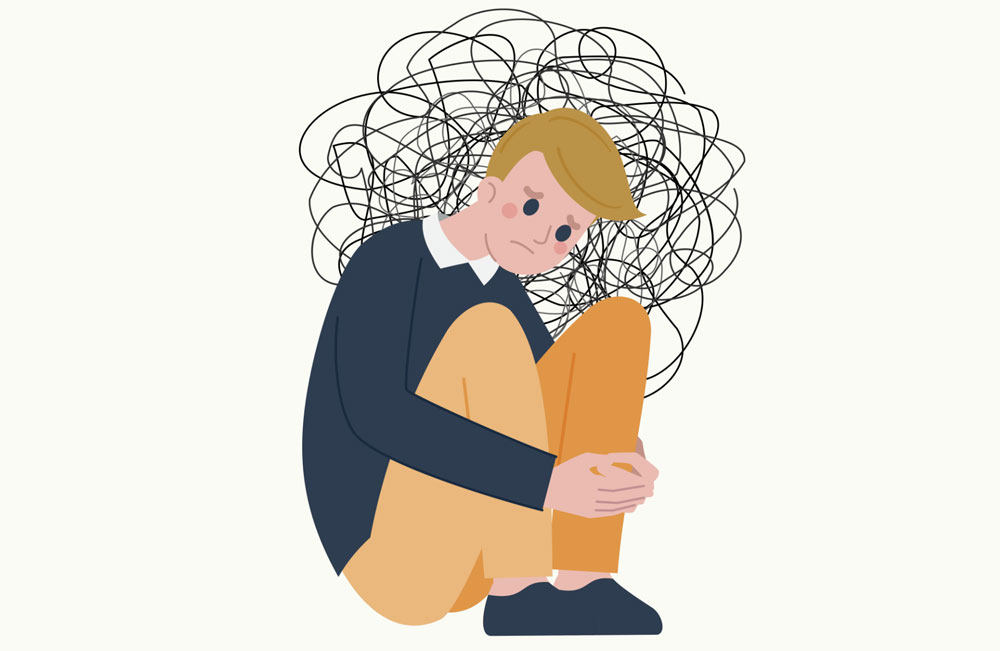Social anxiety disorder, also called social phobia, is an intense anxiety or fear of being judged, negatively evaluated, or rejected in a social or performance situation.
People with social anxiety disorder may worry about appearing visibly anxious (e.g., blushing, stumbling over words), or being viewed as stupid, awkward, or boring. As a result, they often avoid social or performance situations, and when a situation cannot be avoided, they experience significant anxiety and distress.

How to Recognise Social Anxiety
Many people with social anxiety disorder also experience strong physical symptoms, such as a rapid heart rate, nausea, and sweating, and may experience full-blown attacks when confronting a feared situation. Although they recognize that their fear is excessive and unreasonable, people with social anxiety disorder often feel powerless against their anxiety.
Social anxiety disorder affects approximately 15 million American adults and is the second most commonly diagnosed anxiety disorder following specific phobia. The average age of onset for social anxiety disorder is during the teenage years.
Although individuals diagnosed with social anxiety disorder commonly report extreme shyness in childhood, it is important to note that this disorder is not simply shyness.
Feelings of shyness or discomfort in certain situations aren’t necessarily signs of social anxiety disorder, particularly in children. Comfort levels in social situations vary, depending on personality traits and life experiences. Some people are naturally reserved and others are more outgoing.
In contrast to everyday nervousness, social anxiety disorder includes fear, anxiety and avoidance that interfere with relationships, daily routines, work, school or other activities. Social anxiety disorder typically begins in the early to mid-teens, though it can sometimes start in younger children or in adults.
What symptoms can you experience with social anxiety? There are many and can include: Being judged negatively, fear that others will notice your anxiety, embarrass yourself, blushing, sweating, trembling, forgetting what you wanted to say, upset stomach, breathing too quickly and unable to pace yourself, butterflies in your tummy, dizziness and unable to remember much!
These are but a few signs and symptoms and continuing to avoid people and places can make the anxiety worse! Getting help is so important… sustained anxiety is extremely bad for your health!


